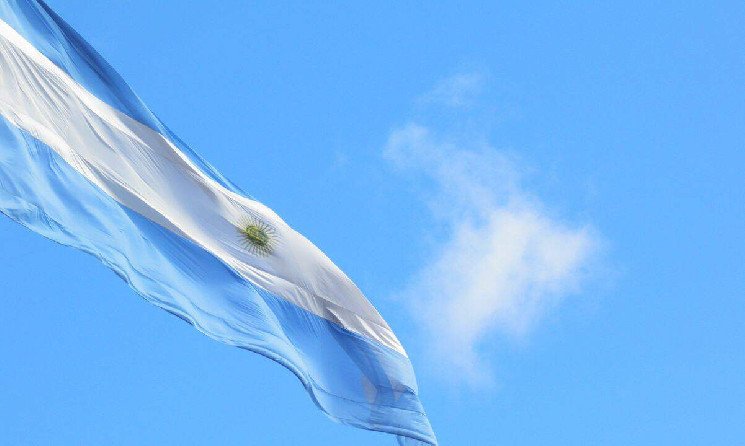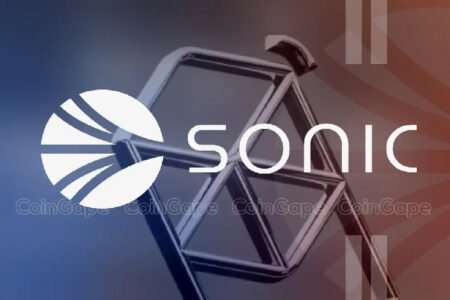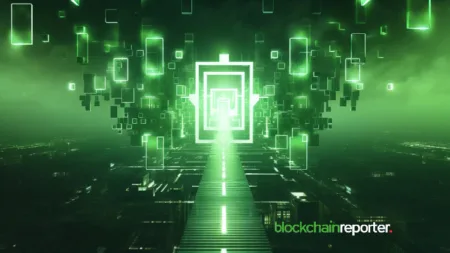Cardano’s blockchain technology is set to revolutionize the Argentine lithium industry through an agreement with three players in the sector: Atómico 3, Zengate, and Alto Grande. The collaboration aims to introduce the world’s first lithium tokenization project, a disruptive initiative scheduled for launch in Q1 2025. By leveraging blockchain technology, the project will convert the property rights of lithium into digital tokens, allowing investors to trade fractional shares of the mineral without physically handling or owning it. This process is intended to democratize resource access, improve liquidity, and facilitate international trade through secure and immutable blockchain-based transactions.
Argentina is home to some of the world’s largest lithium deposits, with most concentrated in Catamarca, Salta, and Jujuy. The metal is a crucial component of electric vehicle (EV) batteries and renewable energy storage, playing a significant role in the global transition to cleaner energy. Analysts predict that the EV industry alone could be worth $1.3 trillion in the next three years, driven by increasing worldwide demand. Despite the country’s projected ore export exceeding $5.5 billion in 2025, challenges related to accountability in the supply chain remain. In response, the tokenization project will enhance traceability and authenticity of the material, reducing the risk of fraud and ensuring ethical and environmental standards are met.
Tokenizing real-world assets like minerals could potentially become a multi-billion dollar industry by the end of the decade. A report by the Boston Consulting Group (BCG) suggests that such assets could represent at least 1% of the global mutual fund and ETF market by 2030, translating into a $600 billion business. Atómico 3 founder Pablo Rutigliano emphasized the economic and environmental significance of the tokenization initiative, noting that blockchain’s distributed ledger allows stakeholders to trace the provenance of lithium, ensuring ethical and sustainable sourcing practices. Rutigliano believes that the project will benefit both local and international communities, fostering economic inclusion, job creation, and fair revenue distribution within Argentina’s mining sector.
The tokenization project is expected to improve collaboration between the Argentine government and mining companies, promoting transparent and ecologically friendly practices within the industry. By introducing blockchain-based platforms, the initiative will create demand for tech-savvy roles and training opportunities, driving innovation and enhancing market accessibility for investors. A tokenized version of lithium enables fractional ownership, 24/7 trading, and reduced transaction costs, ultimately boosting liquidity and market efficiency. This initiative represents a significant step forward in revolutionizing the Argentine lithium industry and has the potential to reshape the global mineral trade landscape.



















